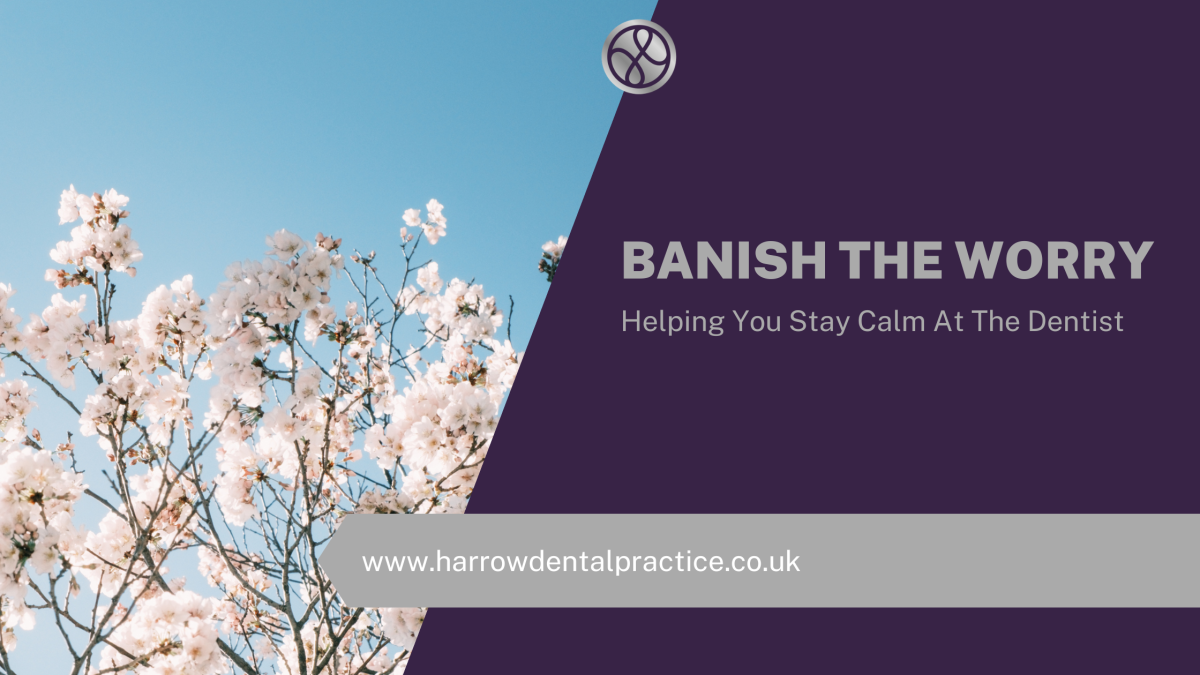As parents, we want the best for our kids; the best education, comfort, excellent quality of life and, more importantly, the best health. While we take care of virtually every aspect of our child’s upbringing and care, many parents ignore a crucial aspect: their children’s oral health.
“But why is the oral health of my child so important? After all, their milk teeth will be replaced with permanent ones”, you may ask. The answer is that your child’s milk teeth are equally important as their successors because your kid will learn good dental hygiene and dietary habits with their primary teeth. Furthermore, milk teeth serve as placeholders for permanent ones. If the milk teeth get damaged or lost prematurely, it can cause complications later in life, such as tooth misalignment and speech and jaw joint disorders.
That is why it is crucial that parents must take their kids for dental health checks regularly. But how to find a good kids’ dentist near me? You may ask. But don’t worry; this blog is there to help. This blog mentions practical tips that will help you find the right paediatric dentist in town. So, read on!
How To Find A Good Dentist Near You And Your Kids?
If you have recently moved into a new neighbourhood or your child has just grown their first milk tooth, you might be looking for the best children’s dentist in your area.
- The first thing to do is to ask your colleagues, friends, and relatives for recommendations regarding kid dental practices near your office, home, or kid’s school.
- Furthermore, you should also search online for paediatric dental practices in your area and shortlist a few with the highest online ratings.
- Next, your should visit each practice and meet the dentist and their team.
- Finally, you should select a practice that your child feels comfortable with.
What Do You Look For In A Pediatric Dentist?
While selecting a good paediatric dental practice for your child, you should consider the following factors:
- Select a practice that offers all paediatric dentistry-related services under one roof
- The paediatric dentist should have sufficient experience treating dental disorders in children
- The practice should have a gentle-dental team with a purpose-built operatory that soothes the patients and allays their fears.
- Accepts your family dental insurance. Alternatively, it should offer flexible payment plans.
What Dental Clinic Is Best For Children?
A dental clinic that offers an entire range of paediatric dental services under one roof and has an experienced and qualified paediatric dentist available is the best practice for your kid’s dental treatment.
What Are Dentist Tips For A Child’s First Go-To Dentist?
As mentioned earlier, you should select a paediatric dental practice close to your child’s school, home, or workplace. Furthermore, you should go with a practice with an experienced and qualified dentist with a proven track record of treating paediatric dental issues. You should also ensure that the practice you select accepts your family’s dental insurance or offers flexible payment plans. Most importantly, go with a practice that has a friendly, welcoming, and gentle-dental team.
How Frequently Do Your Kids Visit Pediatric Dental Clinics?
The frequency of your child’s visit to a paediatric dentist mainly depends on their oral health status. For example. Kids with healthy, cavity-free teeth may need to see their dentist twice a year. On the other hand, if a kid has underlying dental issues like teeth cavities or gum disease, they may need to visit more frequently. So, your child’s dentist will suggest the frequency of your child’s checkup visits after a thorough clinical examination.
How To Prepare Your Child For Their First Visit To The Dentist?
Many children fear visiting the dentist because they think their treatment will be uncomfortable or painful. Therefore, parents must counsel their kids that they are only visiting for a checkup and there will be no invasive or painful procedure. Once the child is convinced, they will be less hesitant and more cooperative during their appointment.
What Do People Look For In Choosing A Dentist?
When choosing a dentist, people should look for the following:
- A highly experienced and skilled dentist available at the practice
- Vicinity to their home, office, or kid’s school
- An entire range of dental services provided under one roof for the family
- Family dental insurance accepted
- If insurance is not available, the practice should offer flexible payment plans
- Round-the-clock dental emergency services are available
How Do You Choose A Dentist For Your Toddler?
Dental care for your kids should start right from their toddler years. If you are looking for a good dentist for your toddler, you should remember the tips for choosing a paediatric dentist near you mentioned in this blog.
What Types Of Treatments Do Pediatric Dentists Provide?
Paediatric dentists are dental professionals who have undergone additional 3-4 years of clinical training to specialise in treating dental issues related to kids. Some of the services provided by paediatric dentists are:
- Prevention and diagnosis of tooth decay
- Counselling the kid and their parents regarding a tooth-friendly, healthy diet
- Diagnosing and treating common dental issues such as gum disease
- Monitoring the growth pattern of the child’s teeth and taking reparative measures in case of an anomaly
If you are looking for a good kids’ dentist in Hornchurch, Essex, Harrow Dental should be your first choice. We provide all paediatric dental services under one roof at affordable rates. So, book an appointment today and let us take good care of your child’s pearly whites and their smiles.



